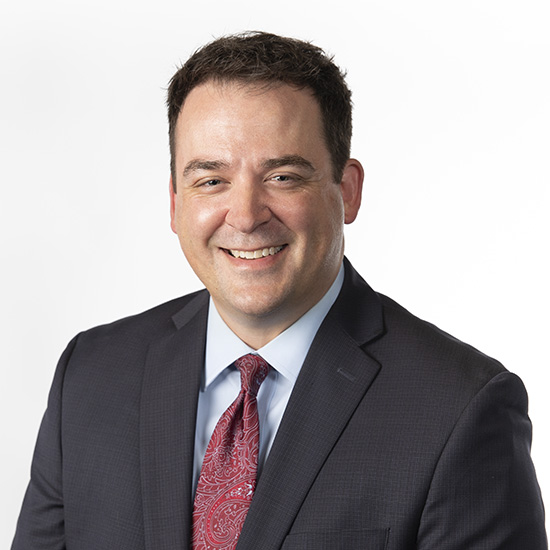Program Overview
Develop future generations’ technological knowledge and skills!
Lipscomb’s Computer Science certificate program offered by the College of Education is for educators seeking the endorsement for the Tennessee employment standard for computer science education. Graduates will satisfy the requirements to serve as a computer science teacher in Tennessee.
Our program is designed for:
- Undergraduate students pursuing a Tennessee teaching license and degree who want the additional computer science endorsement.
- Post-baccalaureate candidates pursuing computer science as an additional endorsement.
Coursework in this program provides educators with classroom strategies, as well as necessary knowledge in scripting and special topics in computer science. You will teach students to use digital tools for research and collaboration, to become familiar with systems, and to use computational thinking in our technological world. Foster student curiosity and mastery through hands-on experiences such as coding, robotics, and gaming and help them to learn to make creative ideas tangible.
Complete this endorsement certificate in just two semesters through our online, synchronous modality. Then, pass the Computer Science Praxis exam to add this to your teaching license.
* The Tennessee Department of Education issued employment standards for Computer Science in 2019 requiring teachers seeking to teach computer science in the K-12 setting to obtain the computer science endorsement. This program is a state approved program to satisfy the requirements for the endorsement.
Admissions Requirements
- Completed online application
- $50 application fee
- Official transcripts for all degrees conferred and any other coursework post bachelors
- Recommendation from a current Administrator/Supervisor
- Lipscomb College of Education graduate programs do not generally require graduate exam scores such as the GRE unless required for state licensure, accreditation, or program specific reasons. If your most recent degree GPA is below 3.0, a program director may ask you to provide graduate exam scores to be considered as part of the supplementary materials to your application for admission. Check with the specific program you are interested in regarding exam scores that may be required for admission
View the College of Education's graduate programs application timeline.
Our Faculty
Career Paths
High School Teachers
High school teachers help prepare students for life after graduation. They teach academic lessons and various skills that students will need to attend college and to enter the job market.
Middle School Teachers
Middle school teachers educate students, typically in sixth through eighth grades. They help students build on the fundamentals they learned in elementary school and prepare them for the more difficult curriculum they will face in high school.
Postsecondary Teachers
Postsecondary teachers instruct students in a wide variety of academic and technical subjects beyond the high school level. They may also conduct research and publish scholarly papers and books.

